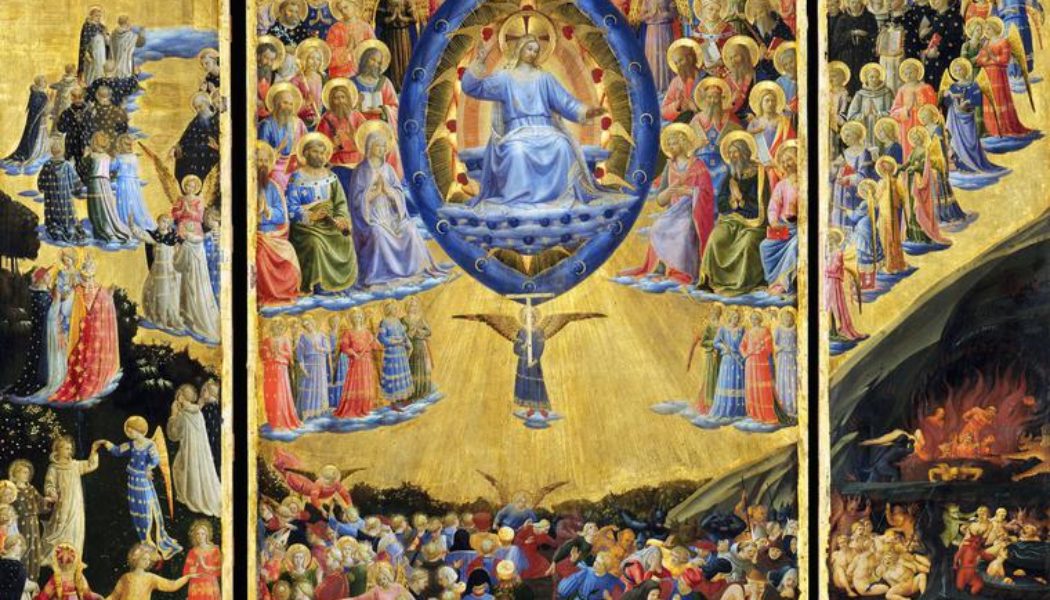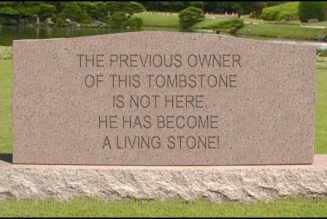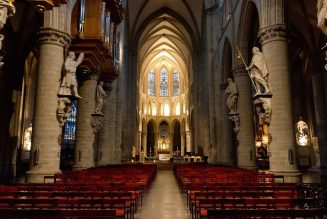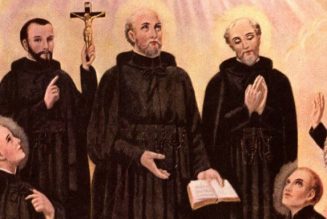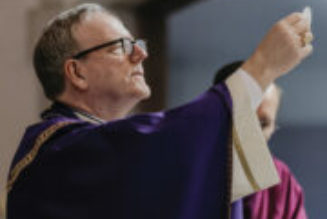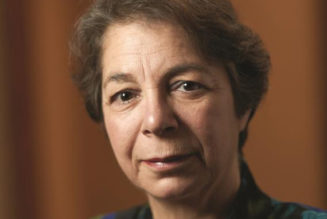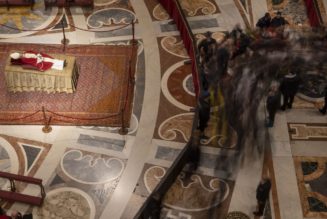
Do you take Divine Revelation seriously, or have you fallen for false Eastern and Western errors about what happens when we die?
Last Wednesday, we launched into Ash Wednesday with a reminder of our mortality. The ashes have been washed off, but our mortality remains. The question is: do we think about it or, like the smudges on our foreheads, “out of sight, out of mind?”
I think it was the Polish Dominican, Father Jacek Salij, who once remarked that the two signs of genuine religious conviction were whether one really prays, i.e., takes time for prayer, and what one really thinks about death.
What do I think about death?
There is, of course, the “official” Catholic theology. One day, I will die. After death, God will judge me (“particular judgment”). If I died in a state of grace or not will determine whether heaven or hell is my final destination. As God is holy and what is not cannot stand before his face, if I die in some sins but not mortal sin, I may require a period of purification — Purgatory — en route to heaven.
Do I believe that? Really believe that?
I emphasize two words for a reason. I emphasize “that” because I have tried to articulate what the Church teaches without contemporary water-downs. Dying in a state of grace means dying without mortal sin. I did not say “oriented toward God” or “in union with God” or something somewhat ambiguous like that. The state of grace is what eternal life requires, and the state of grace is incompatible with mortal sin. Any mortal sin. Any other understanding of the question is deliberately vague and, on issues as important as my eternal destiny, vague serves no purpose.
I emphasize “really” because St. John Henry Newman once made a distinction between “notional” and “real” assent. “Notional” assent is what I might say I believe or express I believe; “real” assent means that this belief has moved beyond a mere mental concept or idea for me to something that I have truly internalized, made a real part of me. “Notional” assent can be a head trip; “real” assent is the real McCoy.
So, question one is: do I really believe what the Church teaches?
Or, do I believe something else?
Like “God is so good and merciful that there is no hell or at least nobody ever really goes there.” God is merciful. God is also just. God’s justice and mercy do not contradict each other. Eternal life is God’s invitation to eternal love, and “love” is not some indescript idea: St. John is clear — “this is the love of God: to keep his commandments” (1 John 5:3). Even God cannot make somebody love him and our own human experience tells us that, despite every good gift, some people just refuse to love. So the idea that “all good dogs and everybody goes to heaven” may be good Disney theology, but it is not good Catholic theology.
Or do we even get that far?
Do we really believe that anything happens to us when we die? Do we really, deep down, hold to some kind of agnosticism, some kind of “I don’t know” about what happens after the last time I close my eyes? Does anything? Do I really think that somehow, in some way, I continue to exist? Or, in the immortal words (where do we human beings get that idea of immortality?) of Peggy Lee, “Is that all there is?”
Plenty of people in human history have “had the feeling something was missing” and concluded that is all there is. Carpe diem — live for today, eat drink and be merry, for tomorrow we die (see 1 Corinthians 15:32). In my doubtful moments, is the temptation of carpe diem lurking somewhere around?
Perhaps I’m a tad more optimistic: maybe there’s more to life, just not more to me. Traditional societies, especially in the East, resolved that dilemma by resorting to reincarnation. For them, Shakespeare had it somewhat right: “all the world’s a stage,” except for reincarnational religions, the play never closes and every man is on an eternal hamster wheel of changing costumes and parts for his bit parts in what is ultimately anything but history.
Modern societies, especially in the West, solve the dilemma of more to life but not to me by bringing out my inner “Hair,” humming “Good Morning, Starshine!” My $3.95 worth of chemicals and couple gallons of water just recycle into star dust, nourishing “Mother Earth” to support new life. The advocates of various kinds of active-agency-in-destroying-human-bodies-in-the-name-of-“green” funerary practices, like alkaline hydrolysis (turning you into liquid runoff) express that “faith” well (even if some Christians want to sprinkle some holy water on top of my few liters of H2O).
But those visions — East and West — collide with the human experience of “I.” I want to exist … not as runoff, not as a karma-judged flea, but as me. Not as unconscious effluent but conscious John. Is that an illusion?
For Catholics, this is all “gliddy gloop gloopy, nibby nabba noopy” or — ultimately — kind of dopey.
Catholicism offers me a vision of death that insists that’s not all there is, because no good or even combination of them in this world will exhaust what I really want: a loving relationship between the Supreme Good and me as me (not as stardust or Life Nr. 918313, take 44).
Do I take that seriously? Or do I lend credibility to “tooby obba walla, nooby abba naba” siren songs of philosophy and “theology?”
Or do I even think this far?
Perhaps this Lent is the time to make the trip…
P.S. Many dioceses sponsor some version of “The Light Is On for You” programs — programs that make the sacrament of Penance available on a Lenten weeknight, usually Wednesdays, in your parish. Check them out.
Join Our Telegram Group : Salvation & Prosperity
